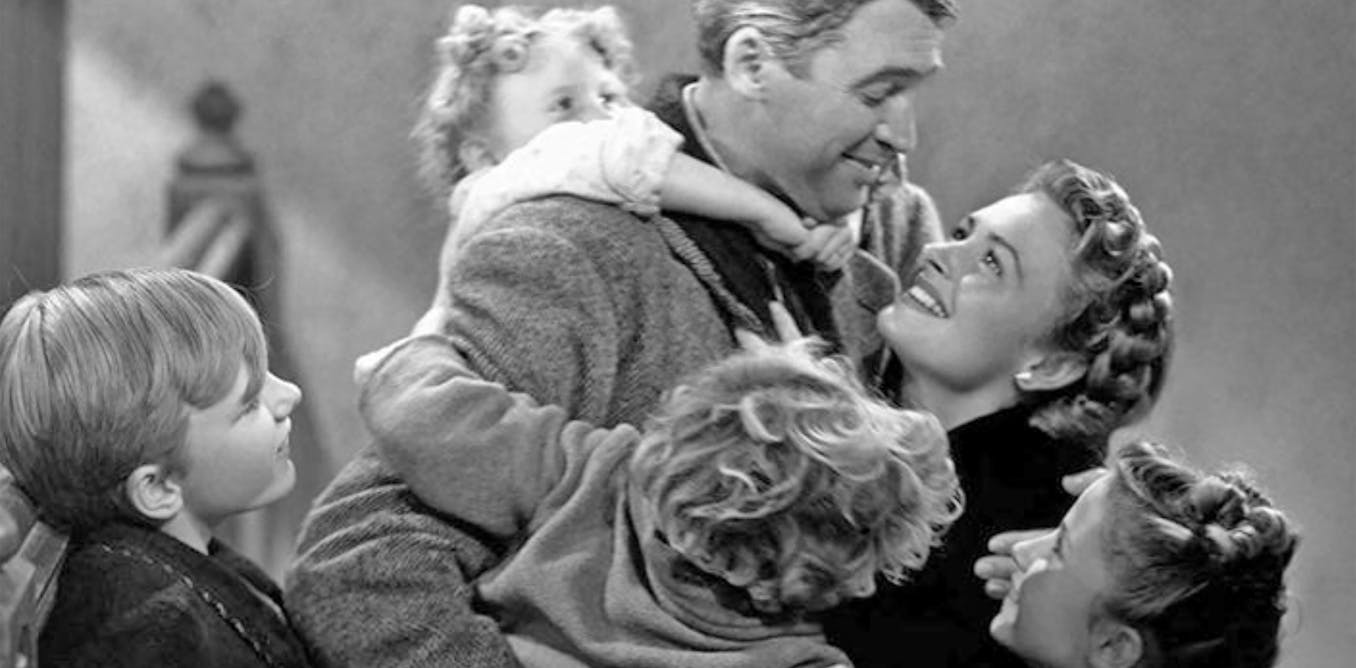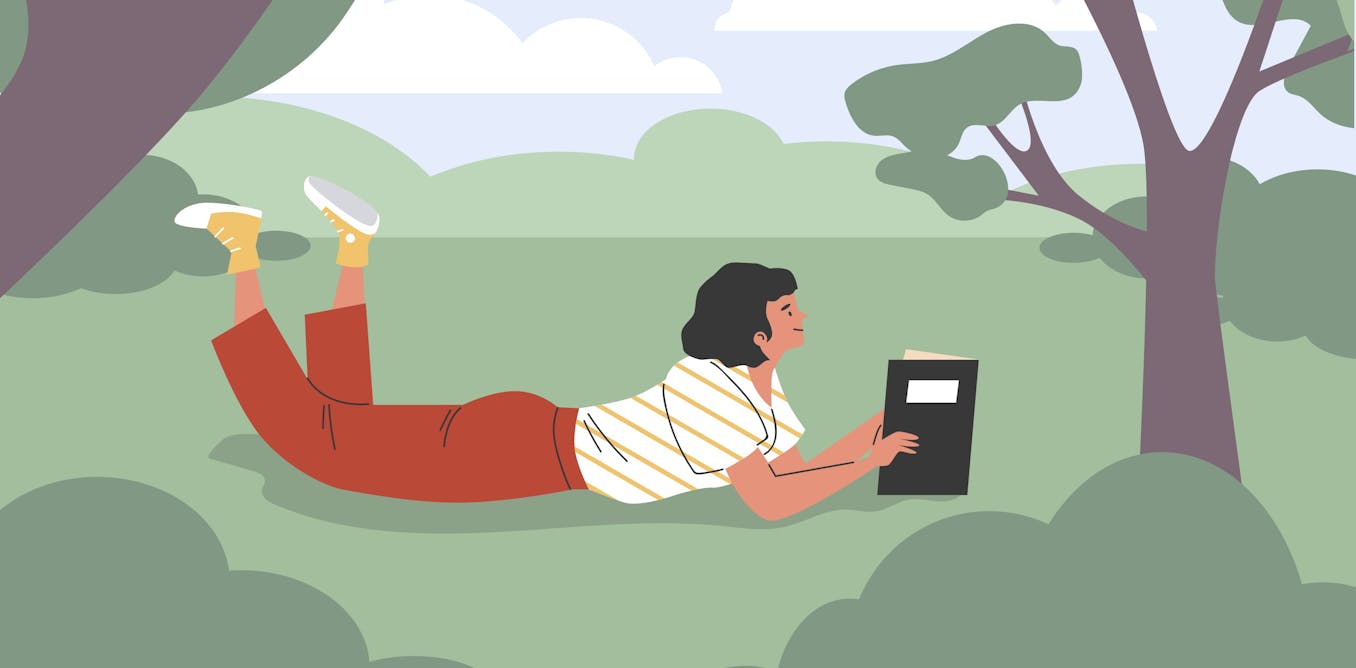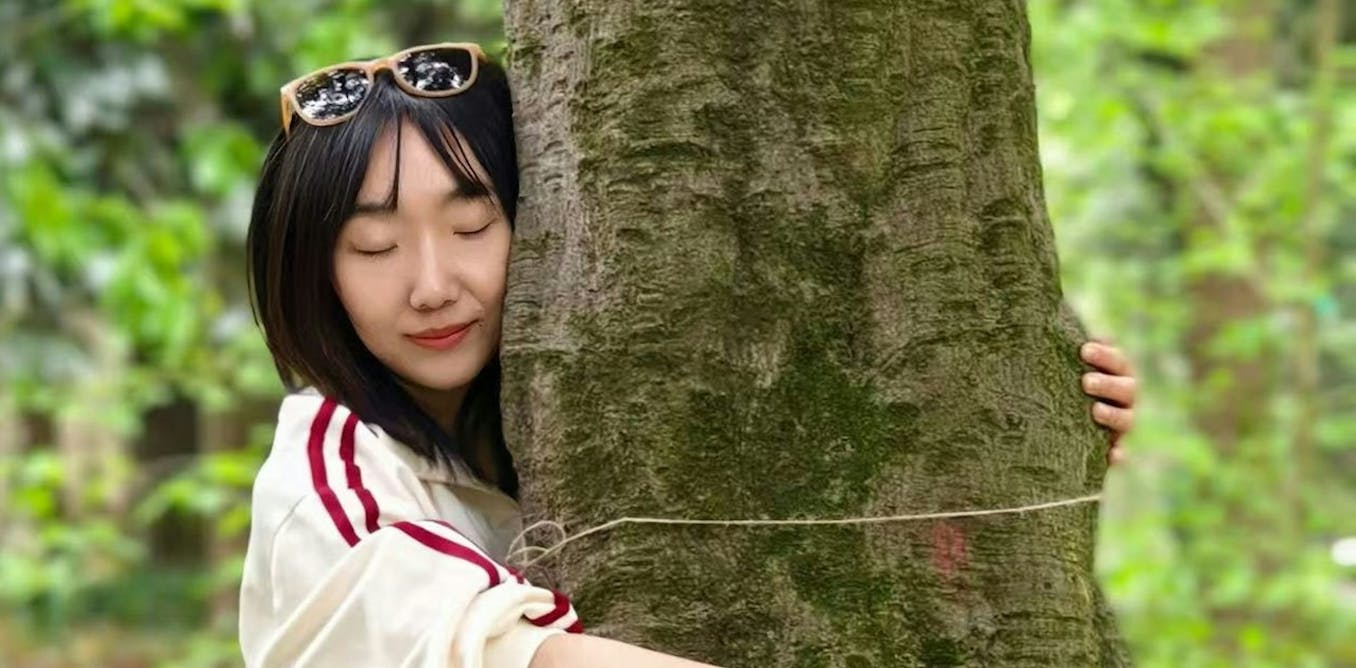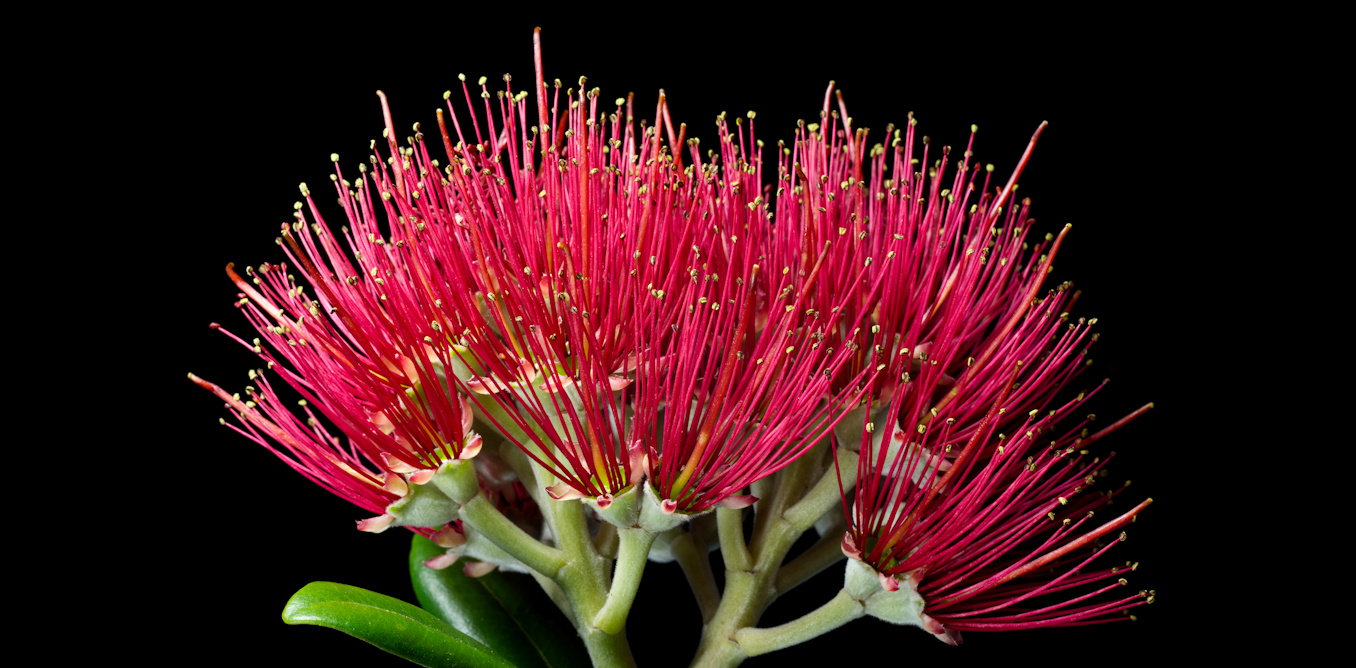Ukrainian YouTuber Olga Loiek spotted AI clones of herself selling Russian goods on Chinese social media.
In her spare time, 20-year-old Olga Loiek studies cognitive science at the University of Pennsylvania, uploading videos to YouTube about mental health and her views on the world. Not long after her channel began, she started receiving messages from followers saying they had seen her on social media.
To them, she appeared not as Ukrainian Olga but as a Russian woman who spoke Mandarin and was enthused about China, seeking to marry a Chinese man. This Russian version of her goes by several names, including Natasha, Anna, or Grace, depending on what platform you see her on.
However, this avatar has nothing to do with Olga herself. Instead, it’s an AI-generated clone based on her image and used without her consent.
AI clones are used to sell goods
In some of these videos, the clones will seek to sell Russian goods to China, while in others, they promote Russia and China’s national ties. Many of them spent time praising Chinese history and culture or talking about how Russian men want to marry Chinese women and how she herself wants to marry a Chinese man.
“If you marry Russian women, we will wash clothes, cook, and wash dishes for you every day,” one avatar said. “We will also give you foreign babies, as many as you want.”
As a Ukrainian woman and in the current climate where Russia has been at war with Ukraine since 2022, Olga has spoken to broadcaster Voice of America (VOA) about how ‘violating’ the experience has been.
“I started translating the videos with Google Translate, and I realized that most of these accounts are talking about things like China and Russia and how good the relationship between China and Russia is,” she said. “This feels very violating.”
“This is probably used to make people in China feel that foreigners feel that their country is superior.”
When Olga and her followers complained to Chinese social media sites, such as HeyGen and Douyin, several videos were taken down. However, this issue doesn’t end there, indicating a broader problem around the lack of provision to prevent people’s images from being used to feed generative AI tools. With a recent study showing that AI faces are more convincing than real ones, the risk of people believing such content is real is high.
Featured image: Olga Loiek
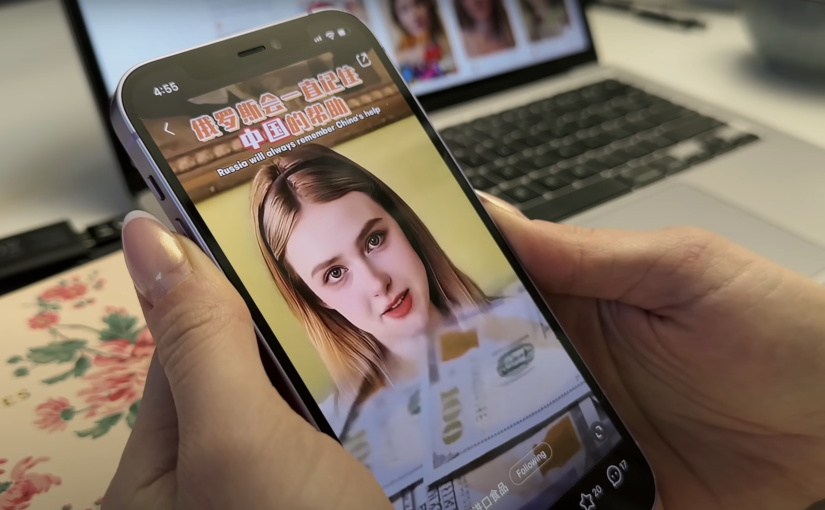
The post “Ukrainian YouTuber spots AI clones of herself selling Russian goods to China” by Rachael Davis was published on 03/01/2024 by readwrite.com









